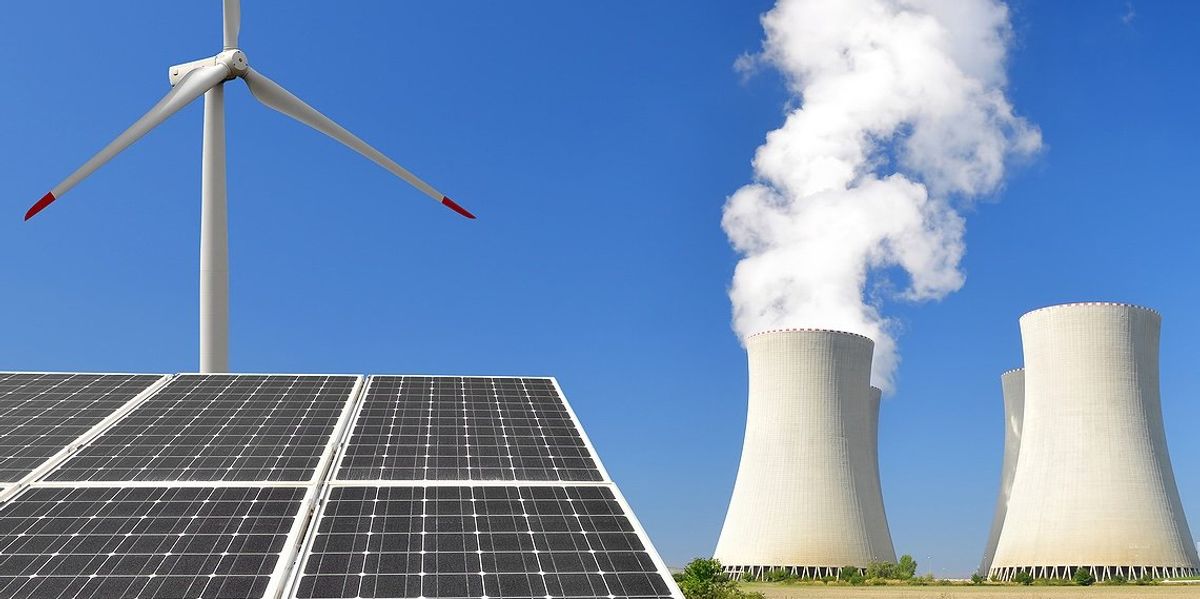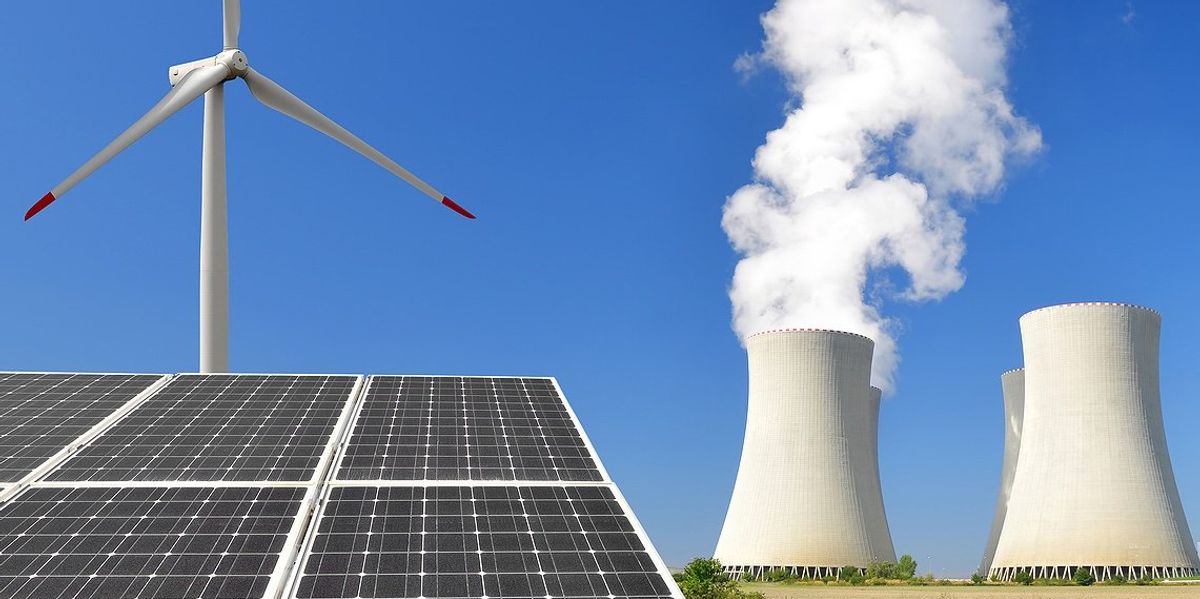
Canada’s new prime minister backs fossil fuels while promising Indigenous partnerships
Canada’s newly elected prime minister, Mark Carney, has pledged to expand the nation’s energy production and fast-track extractive projects while promising to uphold Indigenous rights, drawing both optimism and concern from Indigenous leaders.
Anita Hofschneider reports for Grist.
In short:
- Prime Minister Mark Carney, a former United Nations climate envoy, has vowed to make Canada an “energy superpower” by boosting both fossil fuel and clean energy development, while also pledging to honor Indigenous sovereignty and increase funding for Indigenous communities.
- Despite Carney’s climate advocacy past, he has already removed Canada’s carbon tax and promised to expedite resource extraction projects, raising concerns among climate advocates and Indigenous groups.
- Carney faces political challenges, as his Liberal Party lacks a majority in Parliament, and he must balance competing pressures from the fossil fuel industry and environmentalists.
Key quote:
“So-called Canadian sovereignty shouldn’t come at the expense of Indigenous sovereignty, nor should it be an excuse to violate our inherent rights.”
— Indigenous Climate Action
Why this matters:
Canada sits atop some of the world’s largest fossil fuel reserves and vast renewable energy potential. How it navigates the tension between economic growth and environmental stewardship has global implications, especially as climate change accelerates. Extractive projects can provide jobs and revenue but often lead to deforestation, water contamination, and increased greenhouse gas emissions. Indigenous communities frequently bear the brunt of these harms while fighting for their right to self-determination and environmental protection.
Related: Canadian mayors call for climate-focused infrastructure over new oil pipelines













